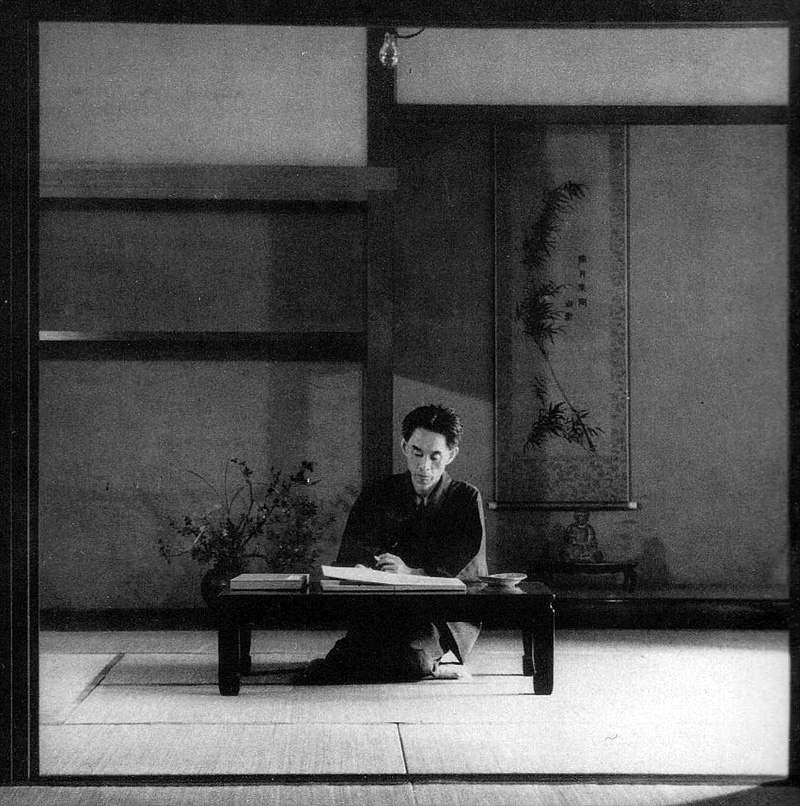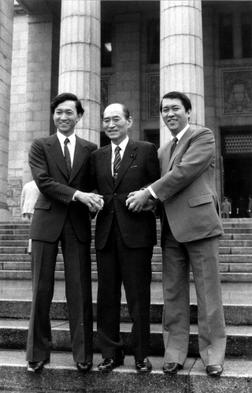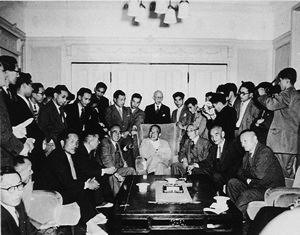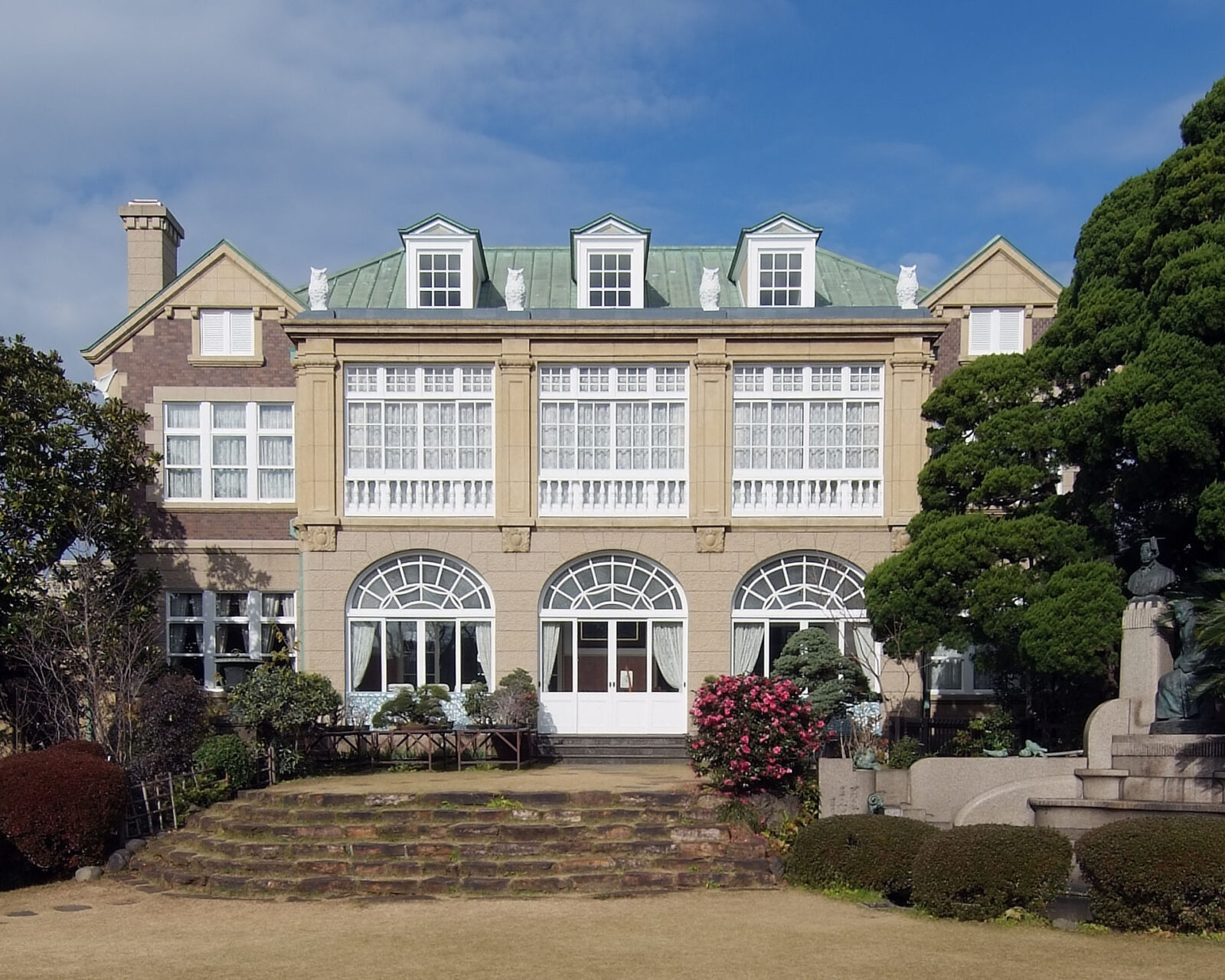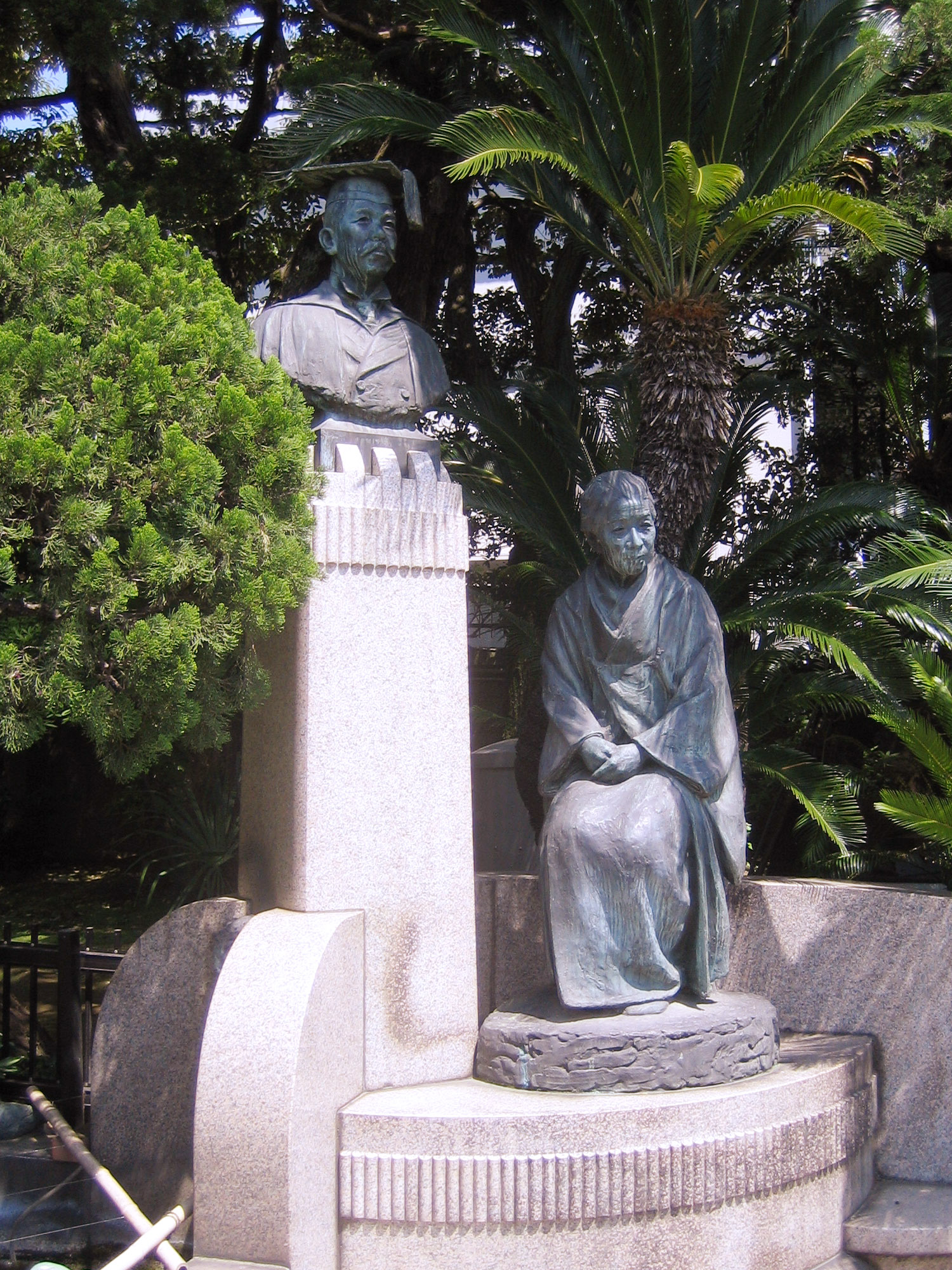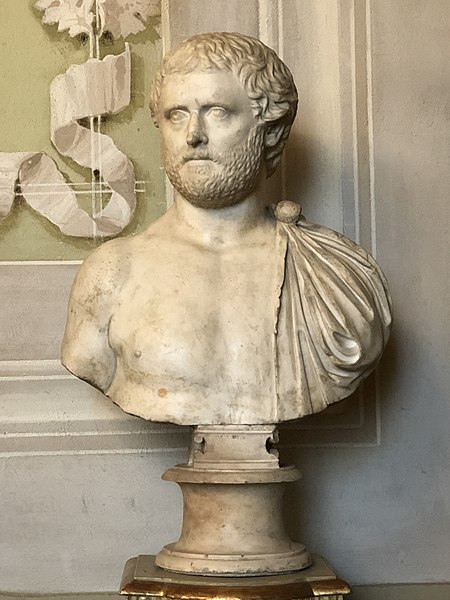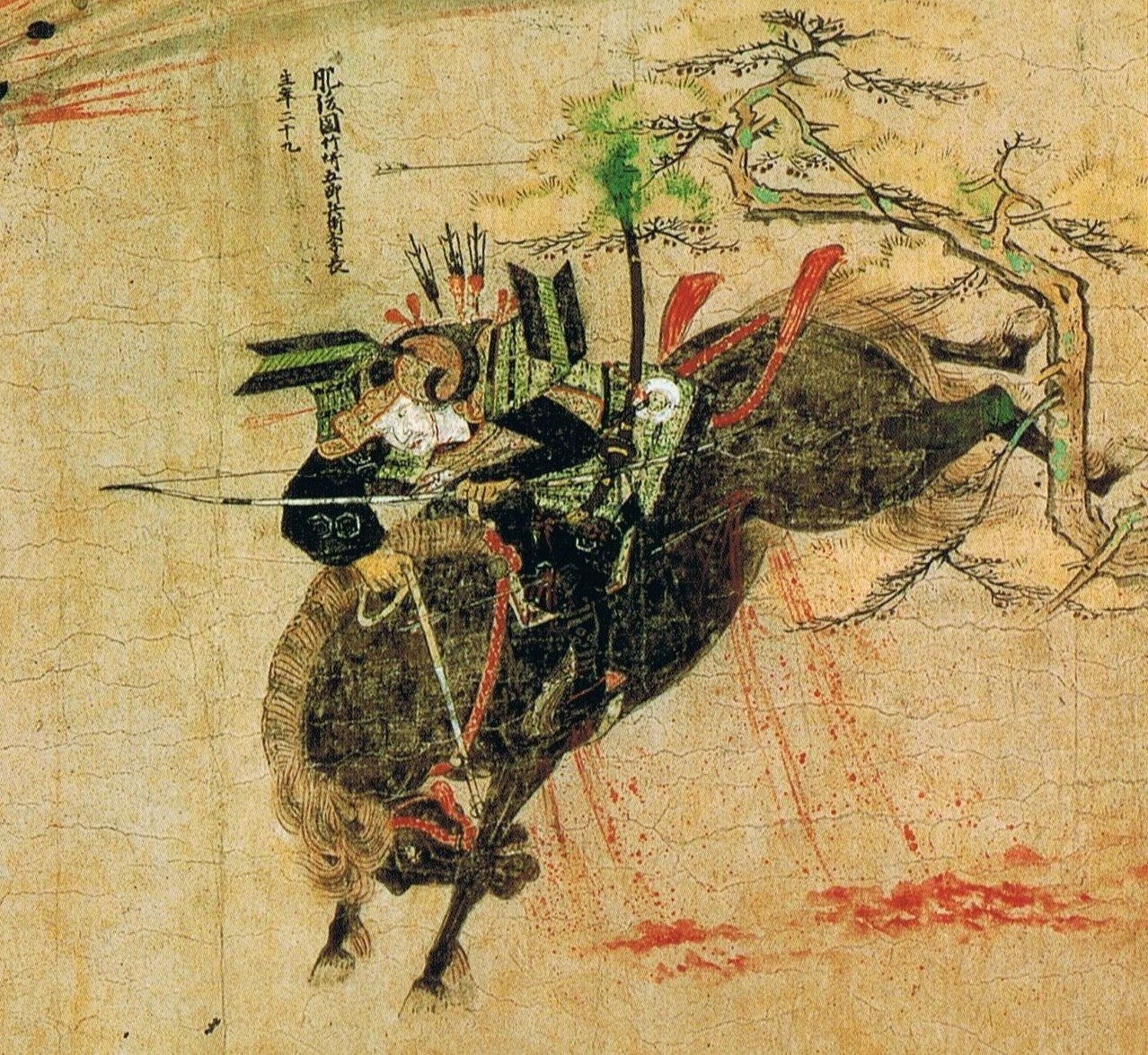We’re taking a look at the first of two Nobel laureates in literature from Japan: Kawabata Yasunari. Kawabata didn’t believe his work–focused on what he saw as a distinctly Japanese context–would translate out of the country. So what is it about his style that developed such a following?
We’re wrapping up our look at the Hatoyama political dynasty with some time on Hatoyama Iichiro (arguably Japan’s most reluctant politican) and his two sons Kunio and Yukio. Plus some thoughts on the legacy of the Hatoyama family and on dynastic electoral politics more generally.
Hatoyama Ichiro’s revenge tour culminates in finally reaching the top spot as PM and in the formation of the LDP. What does the torturous road it took to get there tell us about the man, and about the politics of his time?
A half-baked plot to replace the (maybe) true king of England with an impostor involved mind-controlling ointment, a loyalist uprising that never materialized, and some of the biggest political powers in Europe.
Hatoyama Kazuo was a reluctant politician; you can’t say the same of his son Hatoyama Ichiro, groomed from childhood to take up the family business (and to rise to the height of cabinet minister, something his father never did). This week is all about Ichiro’s prewar career, which culminated in a shot at the top job–that was snapped away at the last moment.
Surprise! We made a secret podcast just for our patrons. Want to hear even MORE of Isaac and Demetria talking…
We’re starting a longform look at Japan’s most prominent political dynasty: the Hatoyama family, which has been a presence in Japan’s electoral politics from the jump. Today is all about the career of family progenitor Hatoyama Kazuo, who went from son of a minor samurai to speaker of the House of Representatives, and in the offing created one of the nation’s great political dynasties.
One of the western canon’s greatest poets was a real horndog. Was his banishment from Rome really about making Rome great again by returning to purity culture, or did Publius Ovidius Naso get caught up in a complicated web of politics at the dawn of the Roman empire?
We’re covering the art of rakugo–storytelling with a twist! How did rakugo emerge from the history of Buddhism, and what has enabled its enduring popularity where contemporary entertainments like kabuki have fallen by the wayside?
How did one man’s determination to get paid end up producing one of the best records we have of a pivotal moment in Japanese history?
